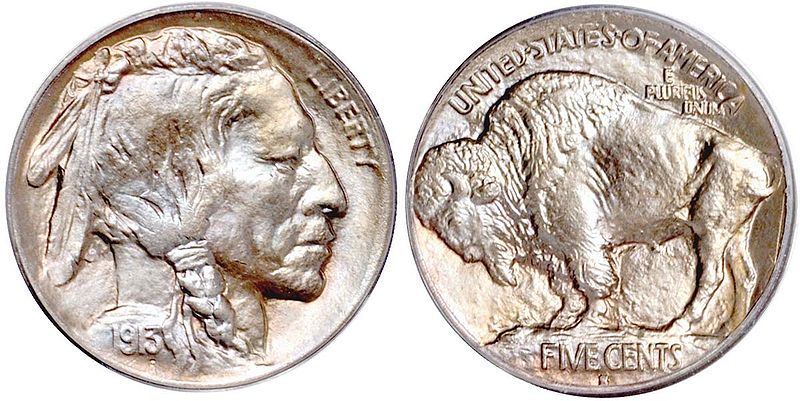I thought I’d take a moment to say my piece on the blossoming controversy over the Redskins being called “the Redskins.”
I imagine I’m like many my age who at one level just intuitively think about the Redskins and the Cleveland Indians and the Atlanta Braves as just part of the natural landscape of American culture. Even now, when I think about the Redskins, part of me is like, ‘We’ve been saying this forever.’
About 20 years ago I was talking to the father of a then-longtime girlfriend about this and he pointed out, jokingly but also seriously, ‘How would we feel if it were like the Houston Jews or Baltimore Heebs?’ Well, not too well. And I thought, ‘Wow, that’d be weird.’
I’m not sure how much point there is in creating a hierarchy of offense with between ‘Indians’, ‘Braves’ and ‘Redskins’, but it’s hard for me to see where ‘Redskins’ isn’t the worst on a bunch of different levels. When I was a graduate student studying history, the New England Indians of the 17th century and early 18th century were a central focus of my research. So not only did I learn quite a bit about the English and native populations of that period I got a decent familiarity with the politics of naming in contemporary American, in and out of the academy.
This is already 15 plus years ago. But certainly then there were many Indians/Native Americans who preferred “Indian.” (One is tied to the Greek-derived word for South and by extension Southeast Asia, the other from an Italian sea captain; neither has any connection to the native population of the Americas.) But needless to say there was no one I ever heard of that preferred “Redskin.” It seems analogous to the Houston Jews (bad enough) versus like the Baltimore Big Noses or the San Diego Frizzheads.
Needless to say, I’m using the Jewish analog because I’m a Jew and it’s something I can readily relate to. I think it’s obvious to everybody that the LA Afros or Tampa Bay Coloreds wouldn’t come close to flying basically for anyone.
But there’s a deeper point that goes beyond which particular name: let’s call it mascotization. If you look back over the course of four centuries of American history there’s a clear pattern. When Indians represented a threat to the dominant immigrant settler culture (whether militarily or culturally or economically), they were the focus of an intense demonization, one rooted in fears, perceived alienness and competition for preeminence. And yet, when that threat ceased, a totally different image of the Indian emerged – some mix of noble savage or a people representing something quintessentially American. If we were in a graduate seminar we’d say the dominant culture pulled off a massive act of appropriation.
You can see this happening over the course of American history as Indian power was subdued in different regions. It happens first in New England – even in the late pre-national period. (I assure you, if the 17th century New Englanders had had sports teams they would not have been naming them after Indians. And remember, the Atlanta Braves began as the Boston Braves.) You see it in the use of Indian iconography on coins only a couple decades after the final tribal groupings in the West had been finally subdued. (see the ‘Indian head’ nickel – 1913-38).
In short, once the country’s native population was thoroughly defeated and largely excluded from the mainstream society, Indians became an American mascot. And Indian-related team names is part of that process.
At the risk of stating the obvious, the Washington Redskins are not a team of Indians – though perhaps they have a Native American player I’m not aware. It’s a team of mainly white and black Americans who use an Indian as their mascot. Though it pains me as an academia survivor to dip into this jargon, as I’ve tried to explain, this sort of mascotization comes out of a history of domination, dehumanization, and romanticization.
The simple fact is we shouldn’t be using whole peoples as mascots for sports teams. Whether or not Indians in America today find it offensive is almost beside the point. The fact that most do is just an extra reason to do away with the practice.
With all I’ve said, there’s a part of me who feels like, ‘We really can’t have the Cleveland Indians anymore?’ It feels like a loss – part of the landscape of American sports I’m attached to. But it’s time.






